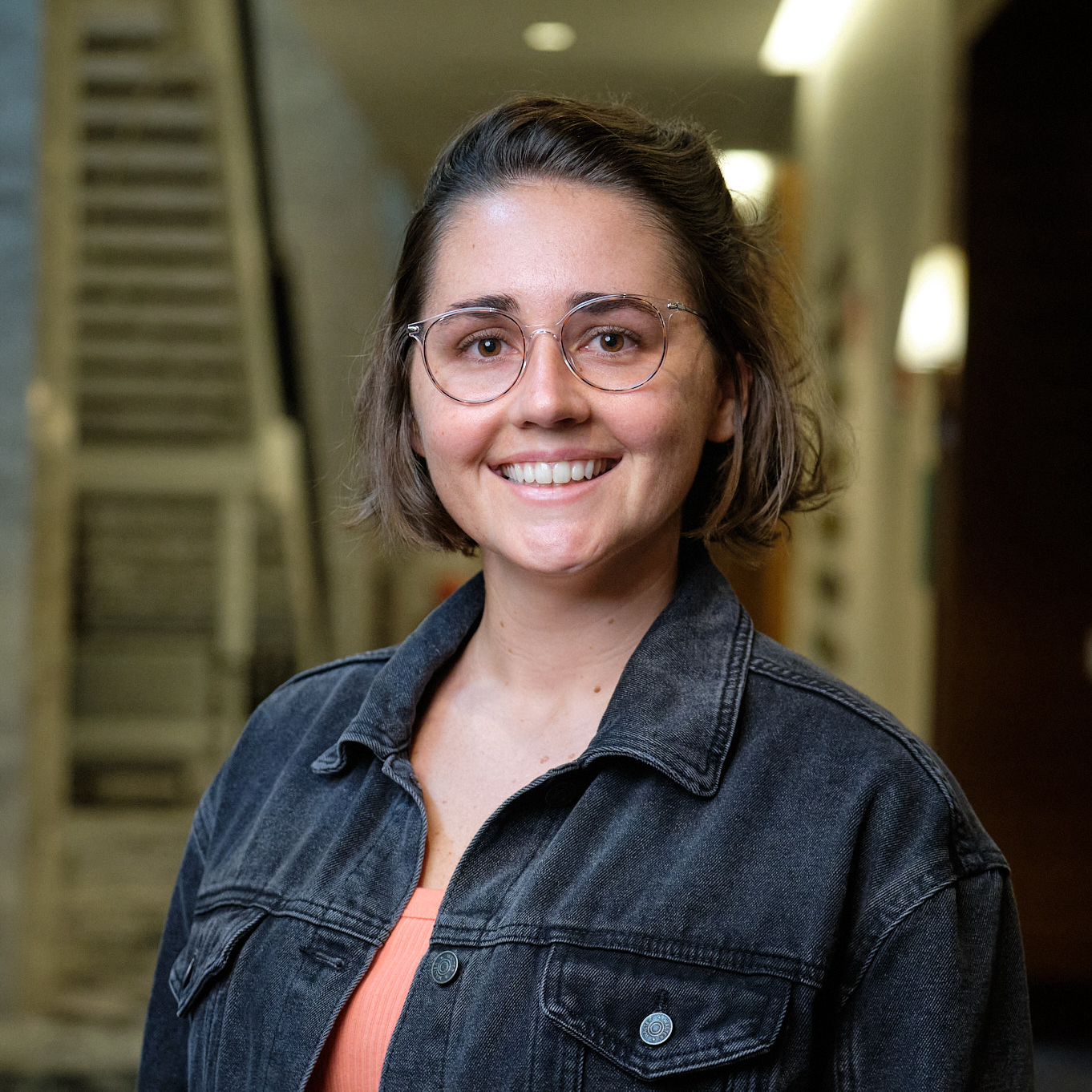Principal Investigator:
Fiona L. Kearns, Ph.D.
Fiona was raised in a small town called Palm Bay, Florida, in the United States. The Atlantic Ocean and Kennedy Space Center were her backyard. As a child, she and her family could watch rocket launches from their driveway and spent countless hours surfing, fishing, snorkeling, and SCUBA diving. Her childhood distinctly impressed upon her how atomic scale chemistry could drive physical and biological events: rocket launches powered by H2 and O2 liquid propellants, and coral bleaching due to global climate change and ocean acidification triggered by staggering atmospheric CO2 concentrations. Her fascination with this relationship between atoms and molecules impacting the macroscopic world led her to the University of South Florida to pursue a Bachelor’s Degree in Chemistry. As a Bachelor’s student she conducted research in the lab of Prof. H. Lee Woodcock investigating small molecule binding to P450s and catalase via all-atom models as well as quantum mechanical/molecular mechanical (QM/MM) hybrid methods. During her undergraduate career she was awarded several undergraduate fellowships including the Goldwater National Scholarship and Hertz Foundation Fellowship Finalist.
As a PhD student in Prof. Woodcock’s lab, she pivoted into rigorous QM/MM Free Energy Simulation (QM/MM FES) method development. Towards this aim, she traveled often to the University of Vienna to learn FES methods from Prof. Stefan Boresch at the Insitute for Computational Biological Chemistry. For her work in QM/MM FES method development, she was awarded an National Science Foundation Graduate Research Fellowship. During her graduate career she also pursued several ligand/protein binding investigations including investigating binding of PET polymer binding to the plastic degrading enzyme PETase, work which was featured on the Daily Show with Trevor Noah. She defended her PhD thesis on April 1, 2020, one of the first to defend her thesis via Zoom during the COVID-19 pandemic global health crisis.
Upon completing her PhD, and at the the height of the pandemic, she transitioned from small molecule studies and method development to large protein and macromolecular complex modeling as a postdoctoral scholar, jointly advised by Profs. Rommie E. Amaro and J. Andrew McCammon at the University of California San Diego. As a postdoc, she was directly involved in combating SARS-CoV-2 as she modeled not only the spike glycoprotein, but human host cell glycoconjugate molecules to which the spike protein binds prior to host-cell fusion and the viral replication cycle. As a result of her investigations at the cell surface, she quickly fell in love with glycobiology: the study of enigmatic glycoconjugate molecules such as glycolipids, mucins, and heparan sulfate proteoglycans. In recognition of her contributions to investigating SARS-CoV-2/host cell interactions, she was inducted into the CAS Future Leaders Class of 2023. For her work in modeling mucins with all-atom models and MD simulations, she was awarded the San Diego Glycobiology Symposium Rising Star Award (2024) and was elected to co-chair the 2025 Glycobiology GRS, along side Nicholas Riley, hosted in Barga, Italy.
Now a Junior Professor in the Institute of Physical Chemistry, at the University of Freiburg, Fiona aims to take her training in rigorous thermodynamic and statistical mechanical first principles from QM/MM FES method development to the modeling and simulation of macromolecules, glycoproteins, and multi-protein complexes.
She is fascinated by biophysical questions that go beyond the central dogma. Centrally, she is driven to understand, how does the cell regulate protein conformational landscapes — and thereby activity and function — via non-templated mechanisms, such as post-translational — i.e., glycosylation — and micro-environment — i.e., ionic concentration and pH.
Outside of work, Fiona enjoys running, hiking, playing soccer, painting, and relaxing near the ocean!
